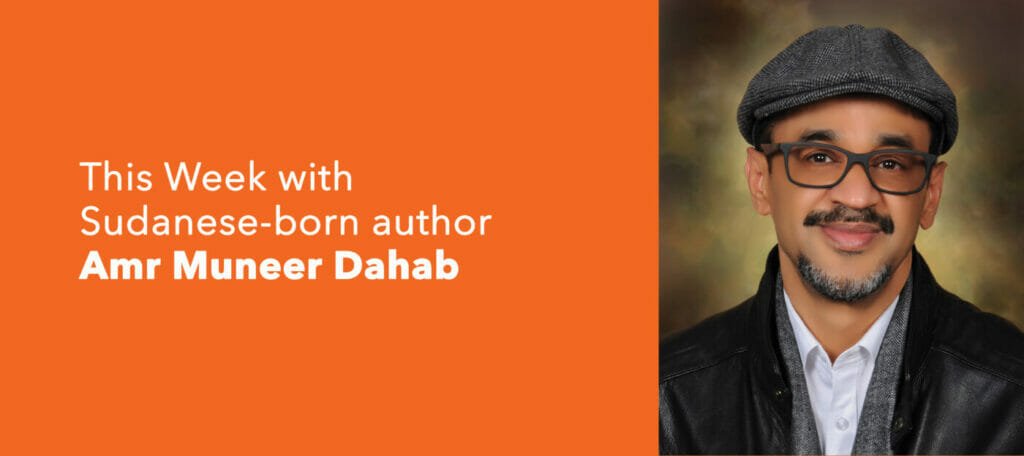Too Good and True Series: “How to Better Manage Conflicts”: Week 2

These are excerpts from the author’s book “Deep,” which contains eight of his small books published in the form of Wisdom Literature covering different aspects of life: Facing troublemakers, dealing with pain, personal financial issues, gastronomy, reading, criticizing, inspiring, and feeling always good to go.
Week 2: Managing Allies
- Old, stable relationships can be reliable sources of alliances; just be careful of changes that affect people over time.
- Try your best to cautiously select your allies from among your trustworthy relationships. However, do not stop looking seriously for new, reliable allies; they will be the time-tested relationships of your future.
- When searching for new allies, accurately calculate your needs and interests, as even minor miscalculations could lead to fatal results.
- Cracks in your relationships affect you sharply; negative surprises from alliances can wound you deeply.
- Betrayal is a big word; it is probably not applicable to transient allies’ letdowns.
- It does not require a high degree of intelligence to spot a two-faced ally—he exposes himself spontaneously; just be attentive to naive gestures.
- Two-faced alliance is not a characteristic only of bad people. Some good people might not be sure of which side to take throughout a conflict. Monitor everyone carefully, and do not take it personally.
- Do not wait until you are in the middle of a conflict; make strong ties with potential allies in advance.
- Records of past conflicts are a useful tool in selecting your trustworthy allies. However, always keep your eyes open to update your list of allies.
- Beware of times your opponents show sudden kindness and when your allies repeat unsolicited confirmations of loyalty.
- Declaring that you do not trust anyone is not enough to prove that you are attentive and cautious. Keep a list of your allies categorized by level of trustworthiness.
- You are stronger when you are able to declare that you trust more people
- It is your sole responsibility to maintain your image during the conflict and negotiations; do not expect others to defend every minor attack. The support of allies should be reserved for essential, critical turns along your conflict journey.
- It is always good to try to anticipate the expiry dates of your allies.
- Opponents do not betray you—beware of your allies.
- Trust is an important criteria while selecting your allies. However, you need to be smart to identify whom you should trust.
- Trusted people are not necessarily your loved ones but those who have the required knowledge and experience and had a good history with you.
To read more about the author, click here.

